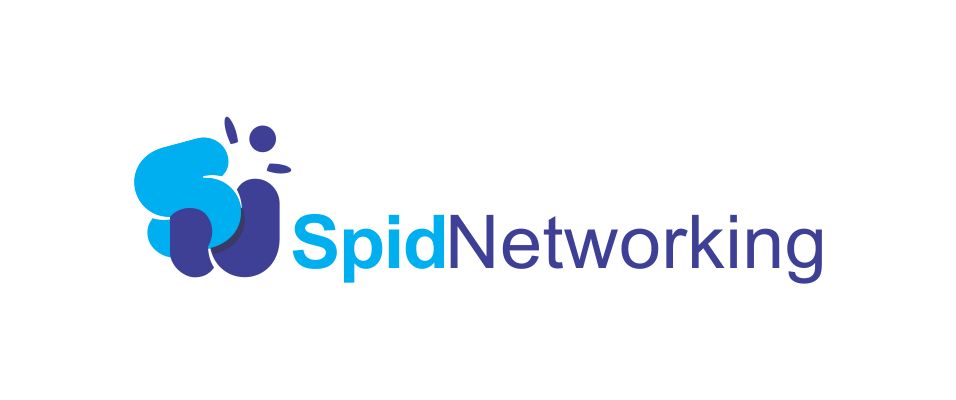
Spidnetworking is a forum that brings together business professionals from various industries to network in an informal and relaxed setting. The event usually include presentations by invited speakers and a spidnetworking activity, where participants are given the opportunity to network one on one. With over 350 participants, It objectives include helping business professionals develop sound networking skills and providing platform for organizations to share information and news.